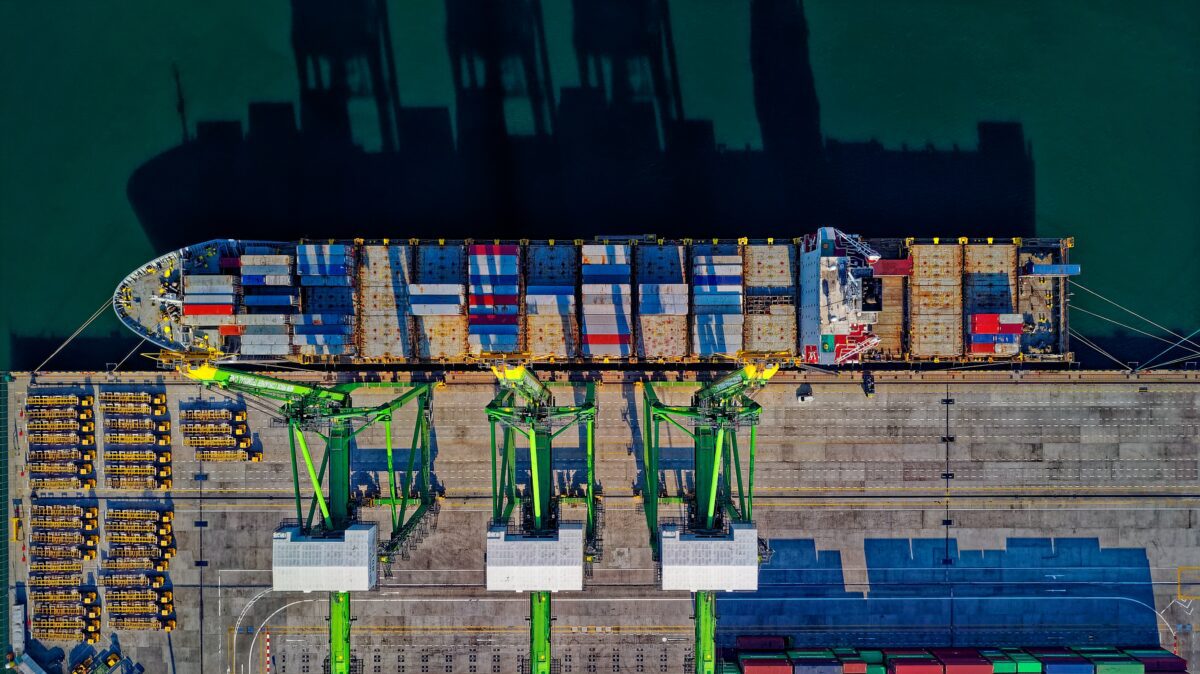Australian Financial Review
By Kerry Schott, former Energy Regulator and incoming CMI Chair
Arguments about the ability of market-based approaches to decarbonise Australia’s economy will only continue if the government’s safeguard mechanism ambition is limited by special arrangements.
As the human and economic costs of yet more “unprecedented” flood, fire and other climate impacts escalate, the pressure on governments and business to accelerate decarbonisation grows.
With this urgency comes opportunity. Australia is richly endowed with clean energy, land and mineral resources that can, as Ross Garnaut highlights, make us an economic superpower in the post-carbon world.
But realising both the urgency and the opportunities needs a full toolbox of policies and support. We need unambiguous signals to business, landholders and investors to align their investment in decarbonisation across all sectors of the Australian economy. Well-designed and targeted carbon markets are one vital tool in this challenge.
In the space of a couple of months, the Commonwealth government has legislated a net zero emissions target for 2050, elevated Australia’s ambition on the international stage and embarked on a series of reforms and investments to accelerate Australia’s energy transition, including reforming the safeguard mechanism to cover much of the industrial sector.
In addition, Professor Ian Chubb has been commissioned to conduct an independent review of Australia’s carbon crediting framework. His task is to make sure it has integrity and is fit for purpose for greater private sector engagement.
As the all-important finer details of these policies and frameworks are considered, debated, refined and debated again, it is important that progress continues – especially as the business community tackles the biggest economic upheaval in more than a century.
Hunter Valley: a refreshing reality check
On the decarbonisation side, a recent trip to the Hunter Valley in NSW provided a refreshing reality check. For a region built on its rich mining resources and its direct access to the port of Newcastle, many may assume the region to be on the “laggard” end of the spectrum when it comes to grappling with the transformation of its heavy industry.
This is certainly not the case, and in fact far from it. From large-scale renewable contracts to hydrogen storage and transport, heavy industry in the region is moving a lot faster than many may think, and they are taking the community with them.
It is also encouraging to see the changes happening in agriculture. Farmers are embracing new land management technologies and farming practices. This is providing new revenue to add to their more traditional food and fibre revenues; and permitting access to international markets increasingly demanding carbon and biodiversity assurances.
Accelerating this progress with the urgency required to meet appropriate 2030 and 2050 emission goals requires principled and pragmatic policy. Proper compliance and voluntary carbon markets are vital to guide corporate decarbonisation strategies as well as investments that compensate, neutralise or offset emissions as industry decarbonises.
Internationally, carbon markets have attracted large flows of private capital, despite some recent volatility from increasing international interest rates, and the prolonged war in Ukraine. International rules and voluntary initiatives continue to strengthen investor and public confidence in market-based solutions.
As with any market, the quality of product must match the investment, and participants must have confidence in the product.
The implementation of the Paris Agreement market rules offers a pathway to reconcile voluntary and compliance markets with high integrity. Next month’s COP27 is an important milestone as carbon market rules for trading between countries under the Paris Agreement are developed further. Bodies such as the Voluntary Carbon Markets Integrity Initiative are also doing important work to develop standardised demand-side integrity and transparency measures aligning with those evolving in compliance markets.
As with any market, the quality of product must match the investment, and participants must have confidence in the product. Alongside international initiatives, the Chubb review is important to address integrity concerns and to reinforce public confidence in Australia’s carbon crediting framework.
By clarifying the governance and strategic outlook of Australia’s carbon market, this market will be better placed to facilitate the required scale of investment in industrial decarbonisation and other emissions reductions across the Australian economy.
The government faces important decisions in coming months as it finalises the safeguard mechanism carbon market rules. Arguments about the ability of market-based approaches will only continue if the safeguard mechanism ambition is limited and if the investment signals it sends are complicated or diluted by special arrangements.
In facing the challenges of urgency, integrity and ambition, the government should be encouraged that business is increasingly aware of the need to accelerate climate action. In its recent survey of business attitudes, the Carbon Market Institute found 71 per cent of respondents supported reaching net zero emissions sooner than 2050. This support will be important as policies are designed to support action across the Australian economy.
Dr Kerry Schott is chair of the NSW Net Zero Emissions and Clean Economy Board and incoming chair of the Carbon Market Institute.




